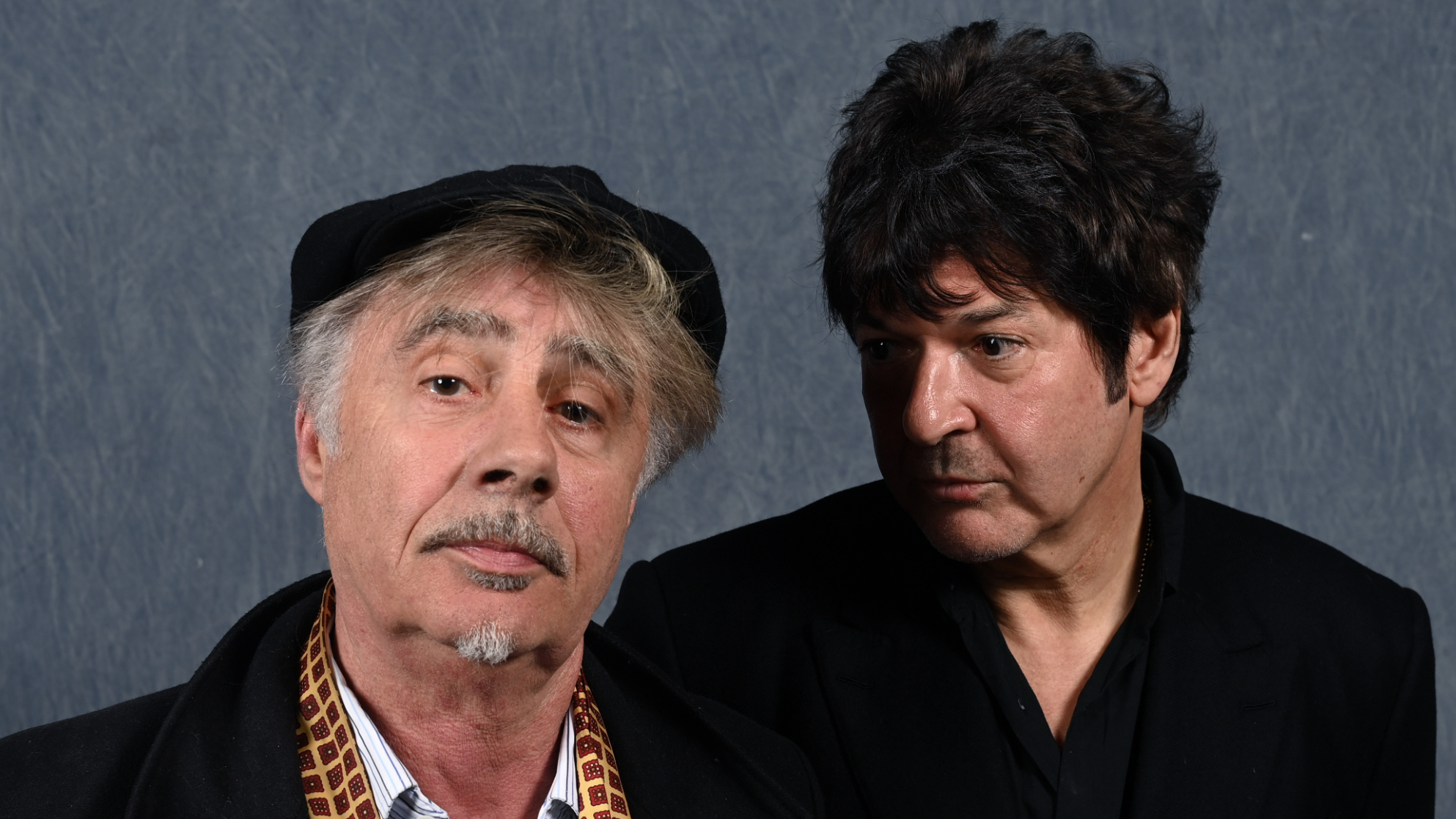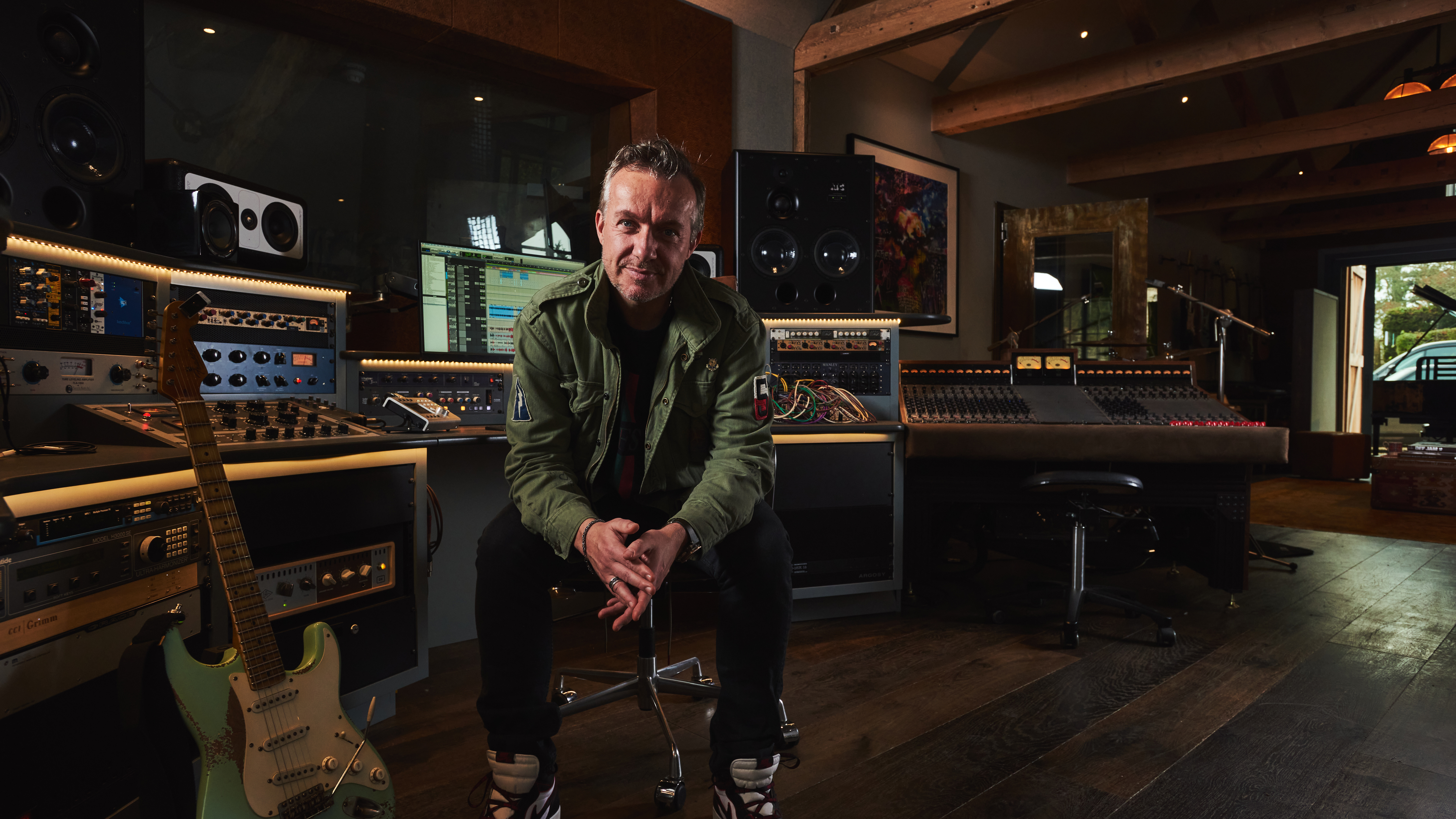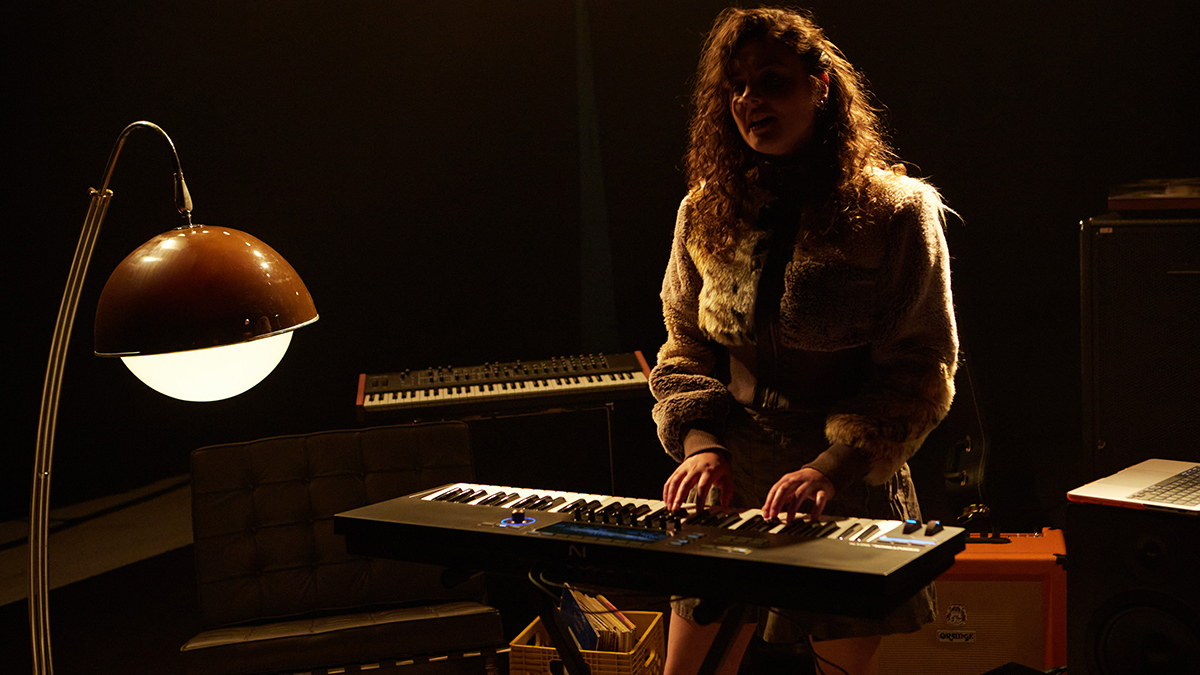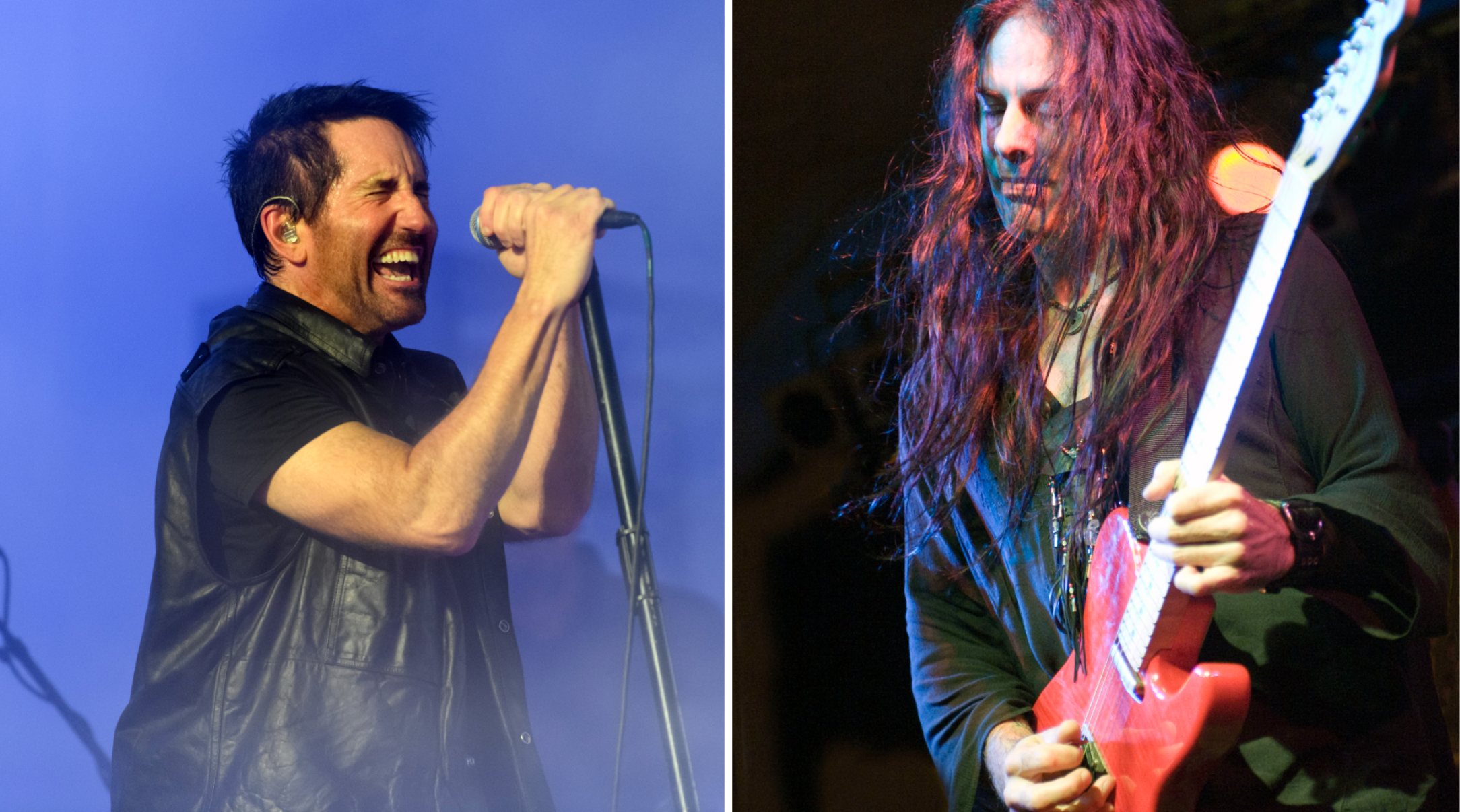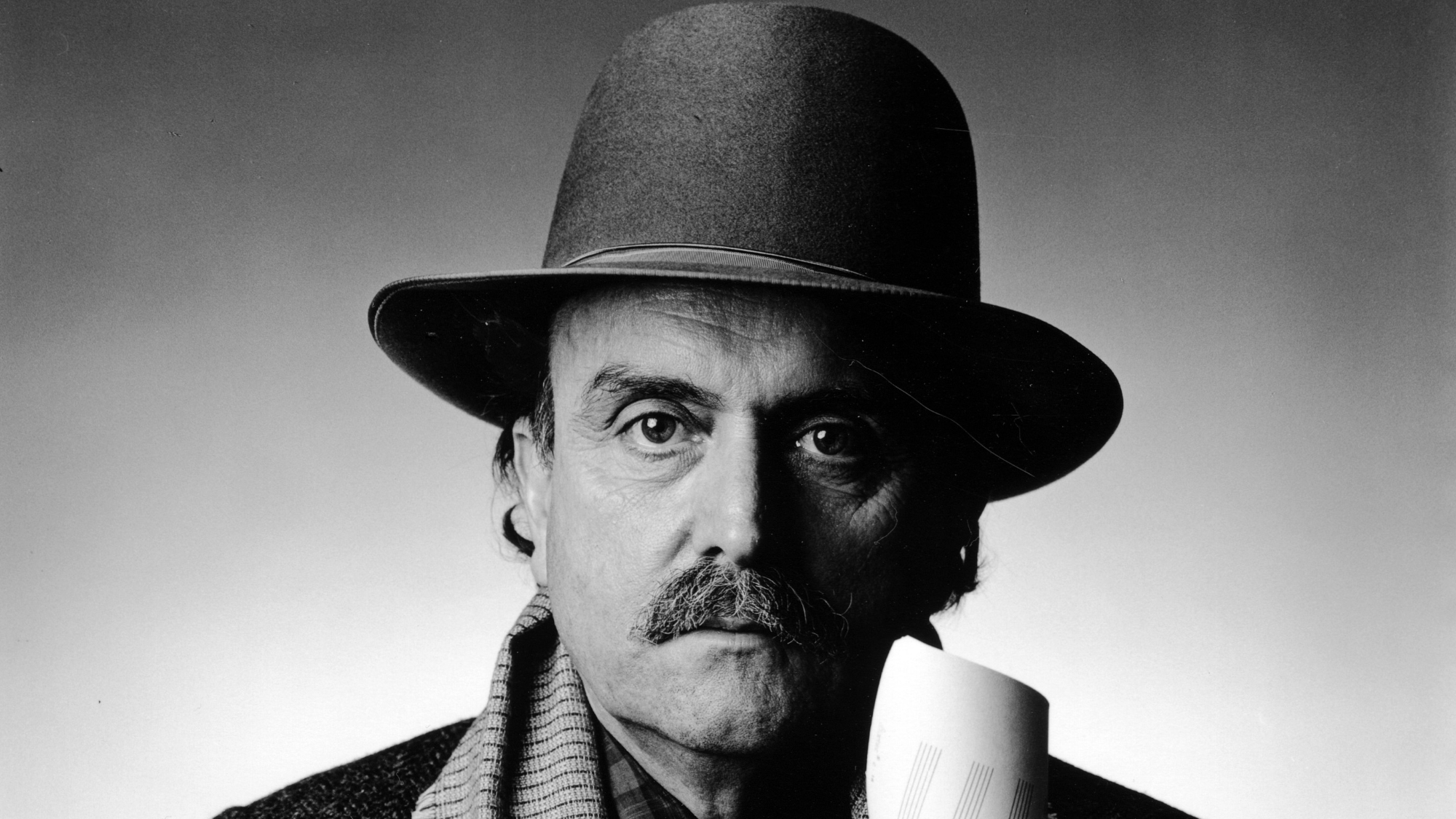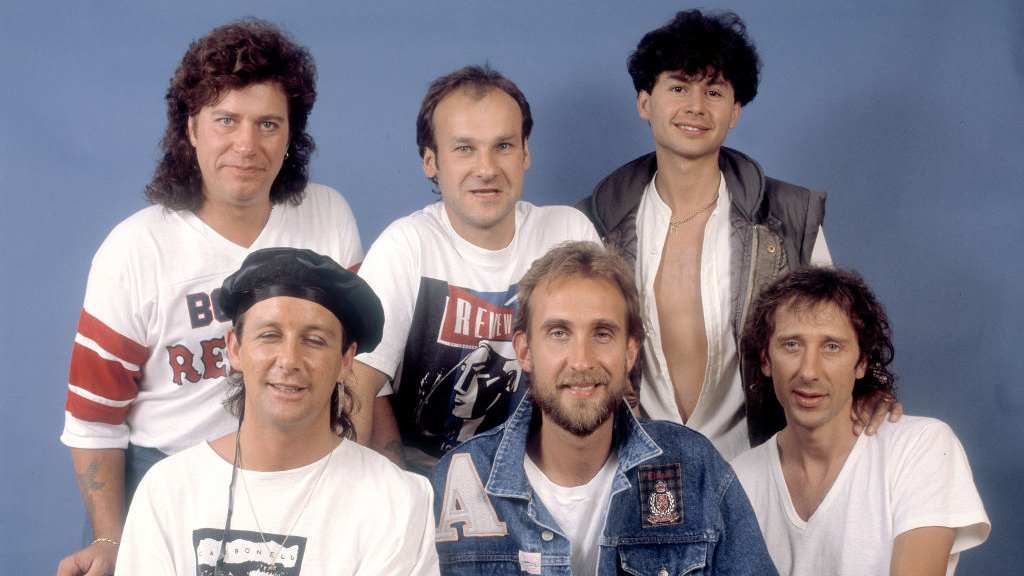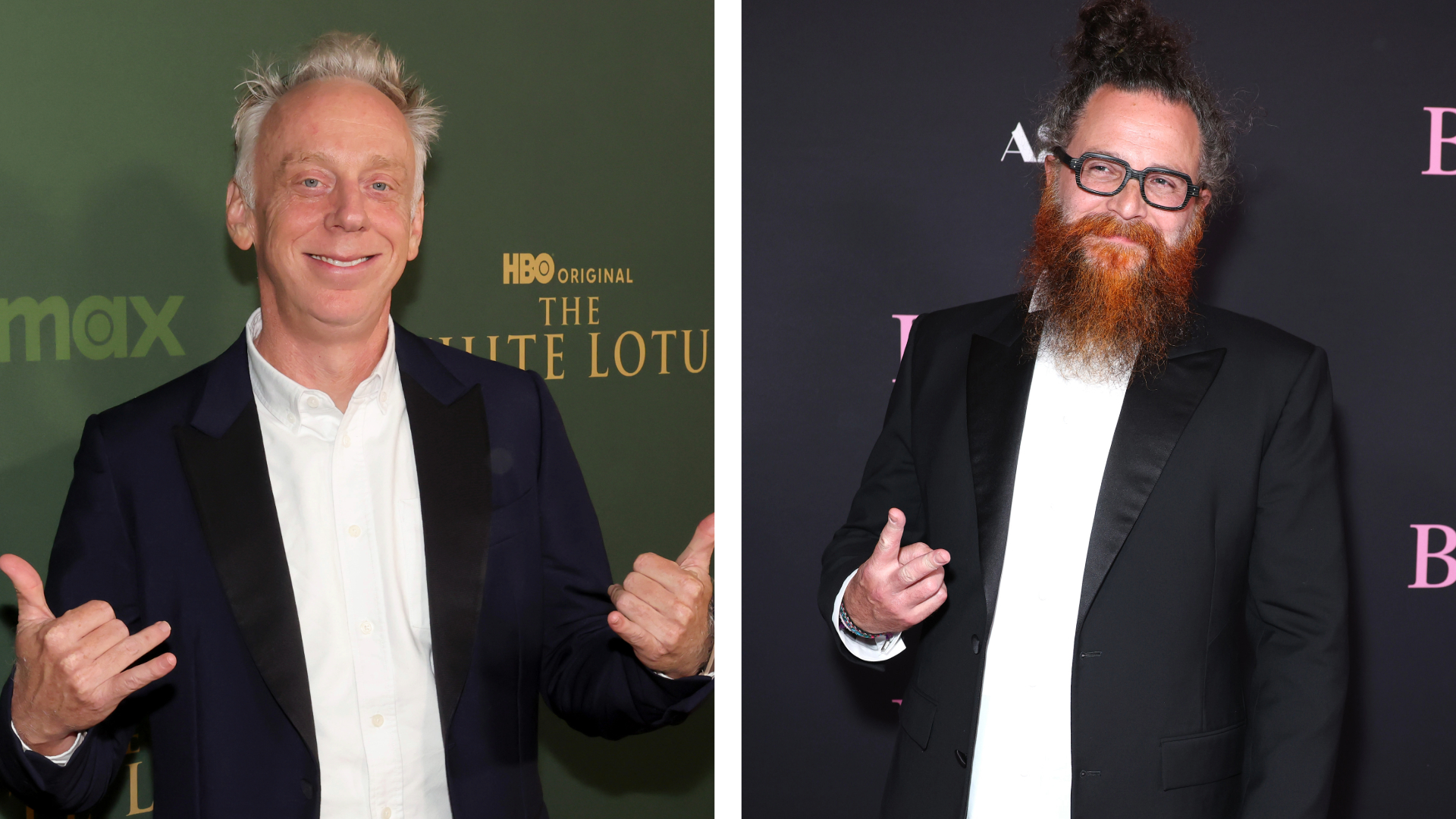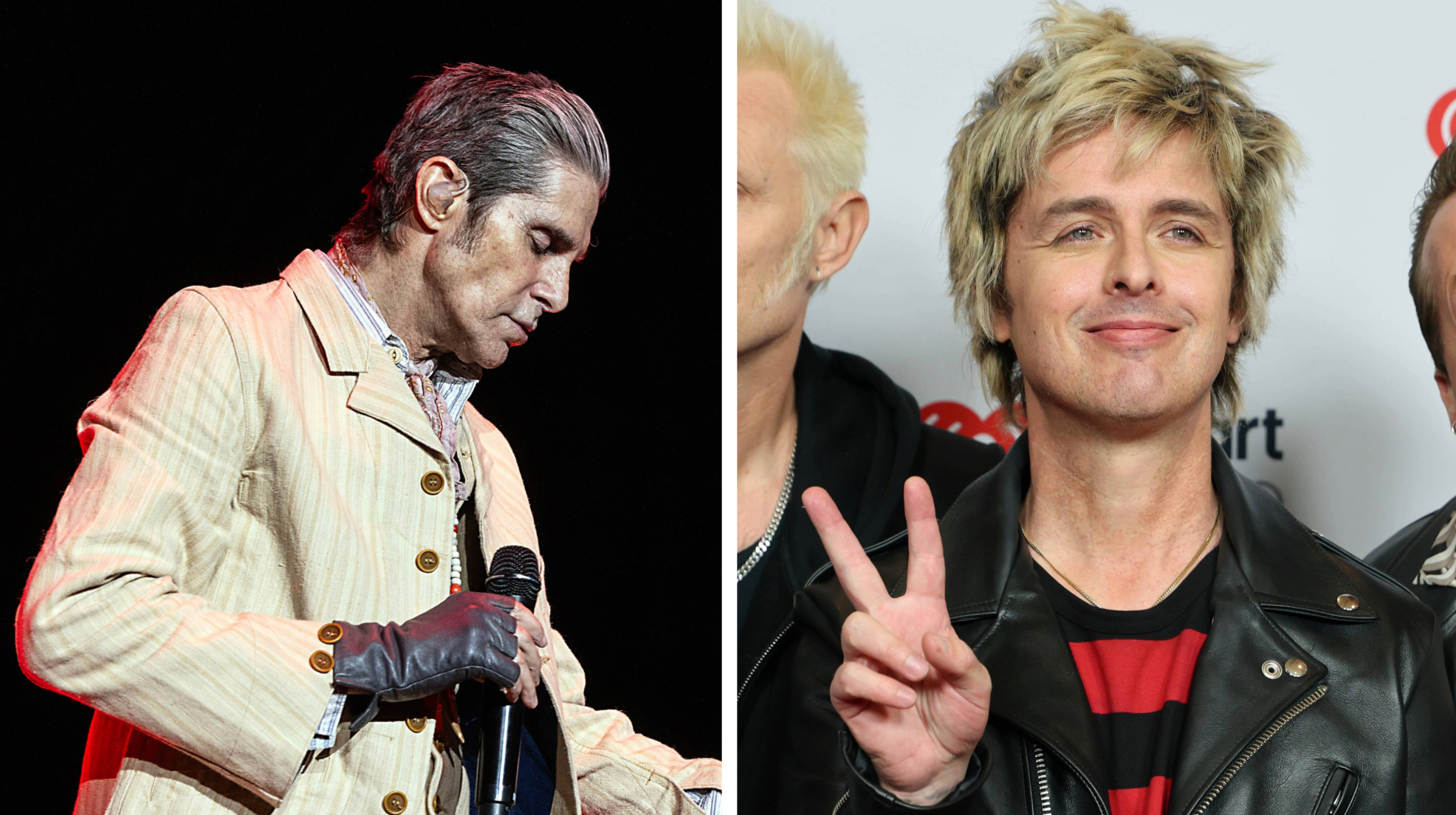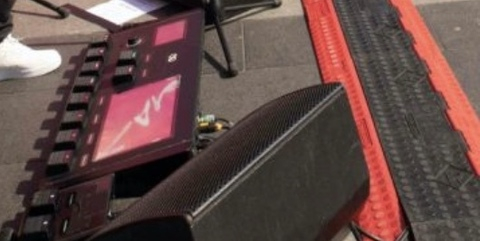Biffy Clyro's James Johnston on Opposites, arena tours and mariachi bands
The Biffy bassist discusses the band's new album
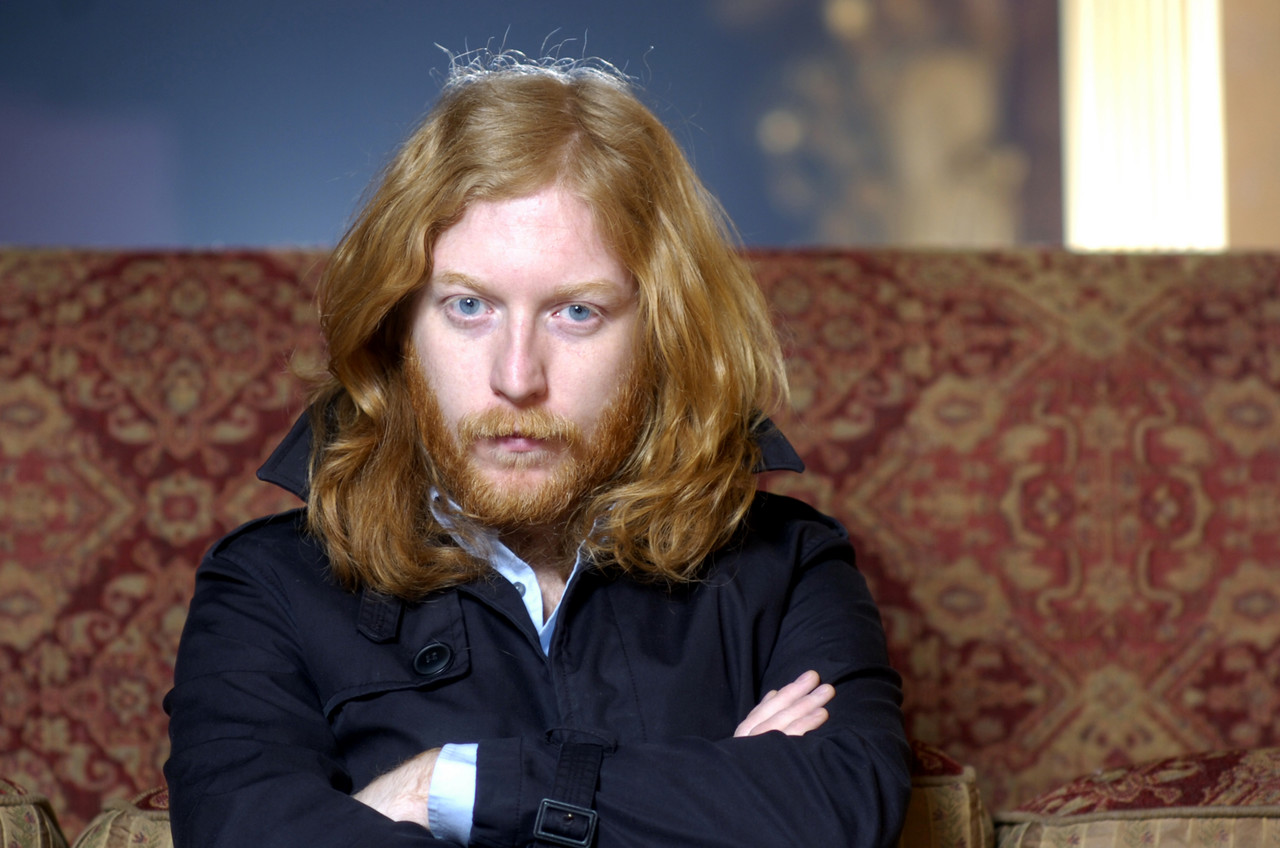
They toiled for years around the UK's toilet circuit, first gathering a cult following, before Biffy Clyro finally hit unexpected yet completely deserved success with two hit-laden records.
After an extensive headline tour and a smattering of huge support slots and festival dates, it was time for the Scot trio to get their heads down and work on album seven.
While many bands would have churned out more of the same and cashed in while they could with a quick album, Biffy Clyro hunkered down in their Ayrshire rehearsal space and came up with an epic double record.
Opposites, released on 28 January, puts Biffy at their grandest, incorporating choirs, mariachi bands, pipers and plenty in between. To help get to grips with this double disc aural assault, we spoke to bass player James Johnston and found out how they recorded the album of their lives.
What was the approach this time around with writing Opposites? How did you end up with a double album?
"Simon [Neil, vocals/guitar] doesn't really write on the road, so when we got home he started writing and we just amassed this huge amount of songs. When it got to choosing which ones to leave off it got really hard and we started to think maybe we had the songs for a double.
"It wasn't a case of writing 20 songs and putting all of them on the record, I think we'd written about 45. It just started to reveal itself to us and the songs seemed to need each other. It was just a really exciting thing to embark on as a band. I think these days music is becoming more throwaway with people releasing standalone tracks; we believe in the concept of an album and we wanted to push that home with a double."
Get the MusicRadar Newsletter
Want all the hottest music and gear news, reviews, deals, features and more, direct to your inbox? Sign up here.
Do you remember the first tracks that started to come together?
"Stingin' Belle was one of the first ones we had. We've been playing that for the last couple of months and at soundchecks. It felt good the first time we played it. Then we had the idea for bagpipes and it's turned into the new Scottish national anthem! Or so we hope it will be, anyway!"
Did you go into the studio with everything set in stone, or were you still writing at that point?
"We leave ourselves open to change - it's never a closed door. We have always worked [on the idea] that we arrange the songs at home and then we go to record and we don't tend to change things too much. We're not one of these bands that writes in the studio - I think that can be a bit more pressure than is needed, really. We want to just go and make sure we make the record sound as great as possible.
"We still live in Scotland and practise in a little farm with nobody around. There's no outside influence. As best we can we ignore any pressure and just work on the music."
It must have been a punishing process writing and recording so much material.
"Naively we thought that making a double would be quicker than making two records. It took exactly twice as long! Looking back we shouldn't have been surprised. It was a big undertaking, that's why we tried doubly hard to be prepared in the studio.
"Once we'd got drums, bass and guitar done there were so many other things - gospel choirs and things; it's fun to try these things out. We have learnt over the years when to work hard and when to try and relax of an evening. When we did the Puzzle record in Vancouver we were living right besides the studio and all we were doing was making the record. I think that can be a little bit heavy."
It seems you've reacted to the commercial pressure by becoming even grander than ever, adding more and more elements. Are there any tracks that stick out for you in that respect?
"Spanish Radio is one I would single out. We've got a mariachi band on it. It's so different from anything we've done before. It's been a great challenge to try to incorporate a mariachi band into a rock band format. I think we've done that well - that's something we're really proud of. When people hear the song at first they might have a little laugh when they hear the trumpets but I think by the end of the song you realise that we're not having a joke. It's not a joke song. It's a serious song - it can just make you smile."
"Naively we thought that making a double would be quicker than making two records. It took exactly twice as long!"
Coming back to bass, what were you using this time around?
"We were mixing and matching. With 20 songs we realised early on that we'd have to try out different sounds and fit the sound to the song. That's the most important thing. I primarily use a Fender bass live, but on the record we tried some different things. Our producer Garth [Richardson] has some really nice bass guitars. We had a G&L - I think it was an L2000. I used a really nice old Vox which had a nice dead sound. We tried a Hofner violin bass and it had a great sound but it didn't quite fit for what we wanted to achieve. We had a Gibson Thunderbird on one song which had an aggressive, gnarly tone.
"Amp wise, we would have a blend of three or four different sounds. We have a classic Ampeg through a strange 6x12 cabinet; we got it from the producer Joe Barresi, who has an arsenal of great equipment. We went to this warehouse and it was like Christmas getting to pick all of our favourite things. I had a really nice Traynor as well - I bought one of their heads. That's the good thing being in Los Angeles. If you get to 4PM and realise you need a certain amp or guitar you can get your hands on it quite easily."
That must be a big difference from the early days of doing an album on one rig.
"If you're shackled by the compromise of having only one set up you can still get a great sound and you can manipulate it to get a great sound. But it was nice to be in a place where we could get whatever we wanted. It was a nice luxury."
Is cohesion a key concern with a double album? Making it seem like it's not just two separate albums plonked together?
"I think it could be. If you were to set out to write a double then you could bring yourself certain challenges. I think the challenge is to make it interesting and have different songs and sounds. I think hopefully after six albums we have a bit of a sound as a band that can carry us through mariachi or more keyboard-led things. I think it sits together well as an album and at the same time it goes in different directions."
"If you're shackled by the compromise of having only one set up you can still get a great sound."
It has been mentioned that Opposites could be followed-up by something quite different when it comes to writing the next album.
"I think we realised that we worked really hard on this album and we see ourselves going in groups of three. Sometimes it feels like it's time to move on. It's always good to move forward as a band. It's always time to move forward as a band. We might find different ways of working, different ways of recording perhaps, or different ways of writing. We want to enjoy this record first but we've always got one eye on the future and what that might hold for us."
You have a massive arena tour on the way as well…
"It's nerve wracking. It's so far away and there's so much prep to do. It's going to be nice to come play new songs in a big arena. We didn't grow up going to arena shows. None of the bands we liked made it that big. We're still learning. We think it's really important to put on a big show and make it exciting but ultimately it has to have a human touch as well. We don't want to feel detached from the show or like we're hiding behind the production. We need to bring the soul we have as a band."
Is it a difficult jump moving up from clubs to arenas?
"It is tough. You learn as you go. We've had the opportunity to support a lot of great bands in these big rooms and see how they do it. You steal a few ideas here and there. But it's what we do. It brings a little bit of pressure with it but we should be able to do it by now - we've been a band for a long time. As the plans get put in place you get more confident and then by March we'll be firing on all cylinders."
It's obviously been a massive couple of years - can you pick out any highlights?
"Making this album is the main one. We haven't done that many shows but we did play this summer at the Isle of Wight festival and we got to the share the stage with Pearl Jam, who we're all huge fans of and we've respected ever since we were kids. It kind of felt like we'd arrived. I know we've done big shows but getting the chance to warm up the crowd for them was a pleasure. That was a pop bill during the day so it was nice to bring the rock along with Pearl Jam. That's definitely one to tick off."
Rich is a teacher, one time Rhythm staff writer and experienced freelance journalist who has interviewed countless revered musicians, engineers, producers and stars for the our world-leading music making portfolio, including such titles as Rhythm, Total Guitar, Guitarist, Guitar World, and MusicRadar. His victims include such luminaries as Ice T, Mark Guilani and Jamie Oliver (the drumming one).
"Reggae is more freeform than the blues. But more important, reggae is for everyone": Bob Marley and the Wailers' Catch a Fire, track-by-track
“Part of a beautiful American tradition”: A music theory expert explains the country roots of Beyoncé’s Texas Hold ‘Em, and why it also owes a debt to the blues

